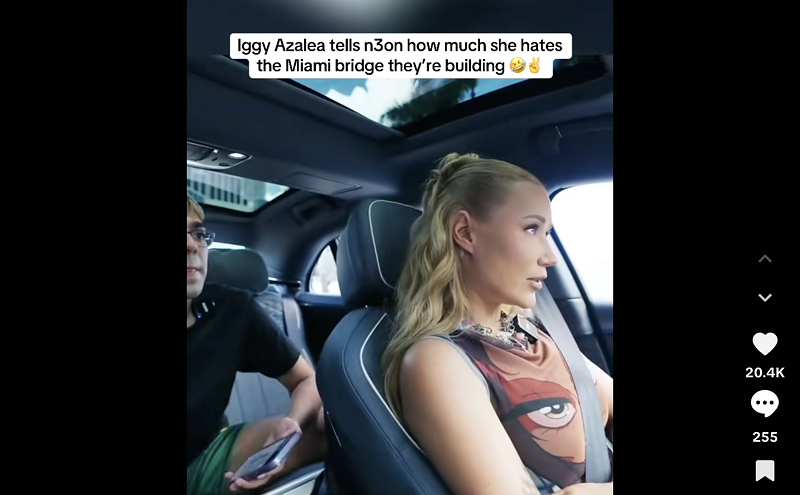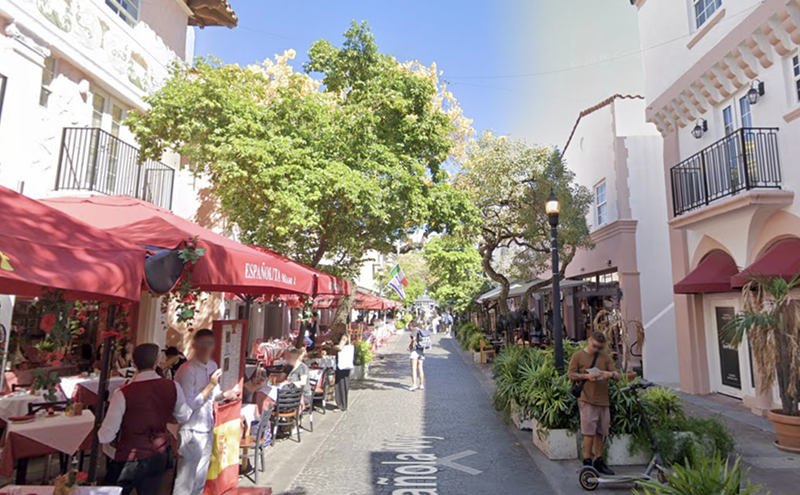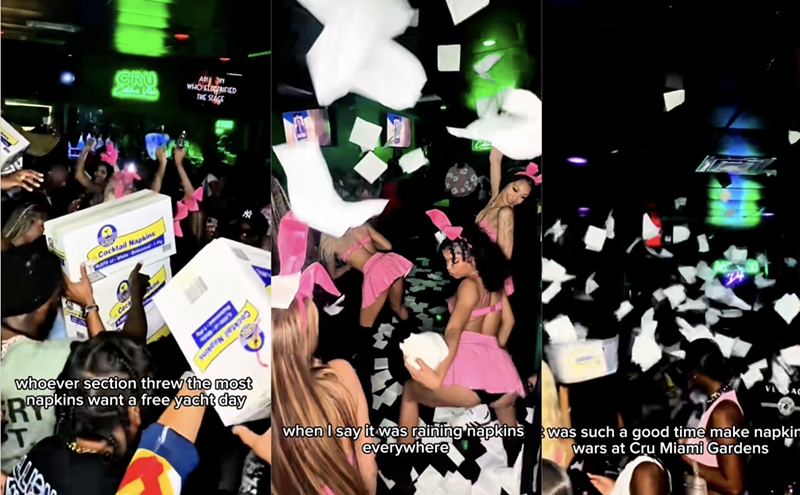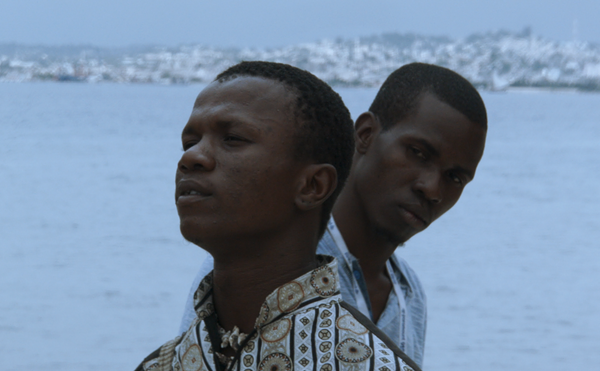The Act of Killing is one of the most breathtaking horror films you'll ever see. The documentary by Danish-American filmmaker Joshua Oppenheimer dives into the psyches of several paramilitary men and gangsters who helped massacre over a million so-called "communists" in Indonesia following a military coup in 1965. Melding dramatized scenes of killing devised by the killers themselves with matter-of-fact interviews with the men, this film is probably one of the most impactful socio-political documentaries ever made.
The film opens with a quote by Voltaire: "It is forbidden to kill. Therefore, all murderers are punished, unless they kill in large numbers, and to the sound of trumpets." Not only does this documentary provide insight into the minds of the killers, but it also places a magnifying glass on the derailment of human conscience by the act of killing for the sake of so-called patriotism.
Oppenheimer directed the film with Christine Cynn and survivors of the brutality simply identified in the credits as "Anonymous." Speaking via phone from a hotel room in New York City, Oppenheimer says his goal with this film, which he had been working on for eight years, was to give a voice to the victims and "expose a regime of impunity."
Oppenheimer first set out to make a film about the survivors. When the Indonesian army began shutting down filming at every opportunity, the survivors suggested the filmmaker seek out the perpetrators of the killings, who were drafted off the street by the military. "Because the perpetrators will boast," he says they told him, "and then the audience will see the nature of the impunity and fear that defines this regime. They'll see the dark, rotten heart of the regime of contemporary Indonesia and this pseudo-democracy."
He said he filmed every killer he could find across the region with the help of a human rights group. He met a total of 41 killers and interviewed them all. "I found they were all boastful. They were all open," says Oppenheimer. "I found myself in Germany 40 years after the Holocaust, and the Nazis were still in power."
Scenes of abject poverty, shiny malls, and fascist-like rallies tie together the film's scenes. If that's not surreal enough, Oppenheimer asked some of the executioners to write movie scenes about the massacres and act them out with makeup, costumes, special effects, and sometimes even intricate sets.
Of all the perpetrators he met, Oppenheimer says the heart of the film came after he met the 41st: Anwar Congo. The director noticed something unique about him early on. "His pain was close to the surface, and maybe unconsciously I intuited that maybe through Anwar that the boasting of the perpetrators may not be a sign of the lack of guilt and the lack of remorse, but the opposite. It may be a desperate effort to try and convince themselves that what they did was right."
The grandfather of two provided a serendipitous revelation during the course of the shoot. Congo's final scene in the film unfolds on the second floor patio of a building, which houses a handbag shop, on a tiled floor where he must have killed hundreds of people. After having spent five years shooting with Oppenheimer, Congo has a visceral and stomach-churning reaction as he stands on that floor-turned-slaughterhouse. It's a potent scene of remorse like nothing else in any other movie.
Oppenheimer kept his camera steady to capture this moment and let it linger. The director admits he felt as surprised as anyone in the audience might feel at the sight of this revelatory moment. "I was not looking to lead a perpetrator to remorse," notes Oppenheimer. "In hindsight, it's not surprising that the reenactments become the dark prism through which he ultimately sees the horror of what he's done and his own brokenness, but I think it was never my intention."
Oppenheimer first met Congo on the roof of that building, as he demonstrated how he killed people by strangling them on a wire tied to a pole. Congo admits that getting drunk and smoking marijuana made the killing easier for him, not to mention dancing the Cha-Cha. "On the one hand, it's a breathtaking symptom of his denial or the moral meaning of what he's done, because you could never dance in the spot where you've killed hundreds of people if you were acknowledging what it meant," notes the director. "On the other hand, it's a manifestation of his guilt from the very beginning."
And before you think that the U.S. is righteous to screen this film here, pointing out how great this nation is to rise above with our liberty-and-justice-for-all society, Oppenheimer offers a reality check, saying of Indonesia: "It's actually typical of so many places across the global south where everything we buy comes from places where perpetrators did mass violence, where perpetrators have won, where in their victory they built regimes of fear so oppressive that the people who make for us everything we buy are unable to get the human costs of what we buy incorporated in the price tag of what we pay, and in that sense we depend on this reality for our survival, as our country was founded on the holocaust of slavery, the Native American genocide, and while I started this documentary, there was an administration in Washington that was celebrating torture. So this is about all of us. It's about how we, human beings, lie to ourselves to justify our actions."
The Act of Killing premieres in Miami on Thursday, Aug. 15, at O Cinema. Visit o-cinema.org for details and tickets.
Follow Hans Morgenstern on Twitter @indieethos.
Follow Cultist on Facebook and Twitter @CultistMiami.












